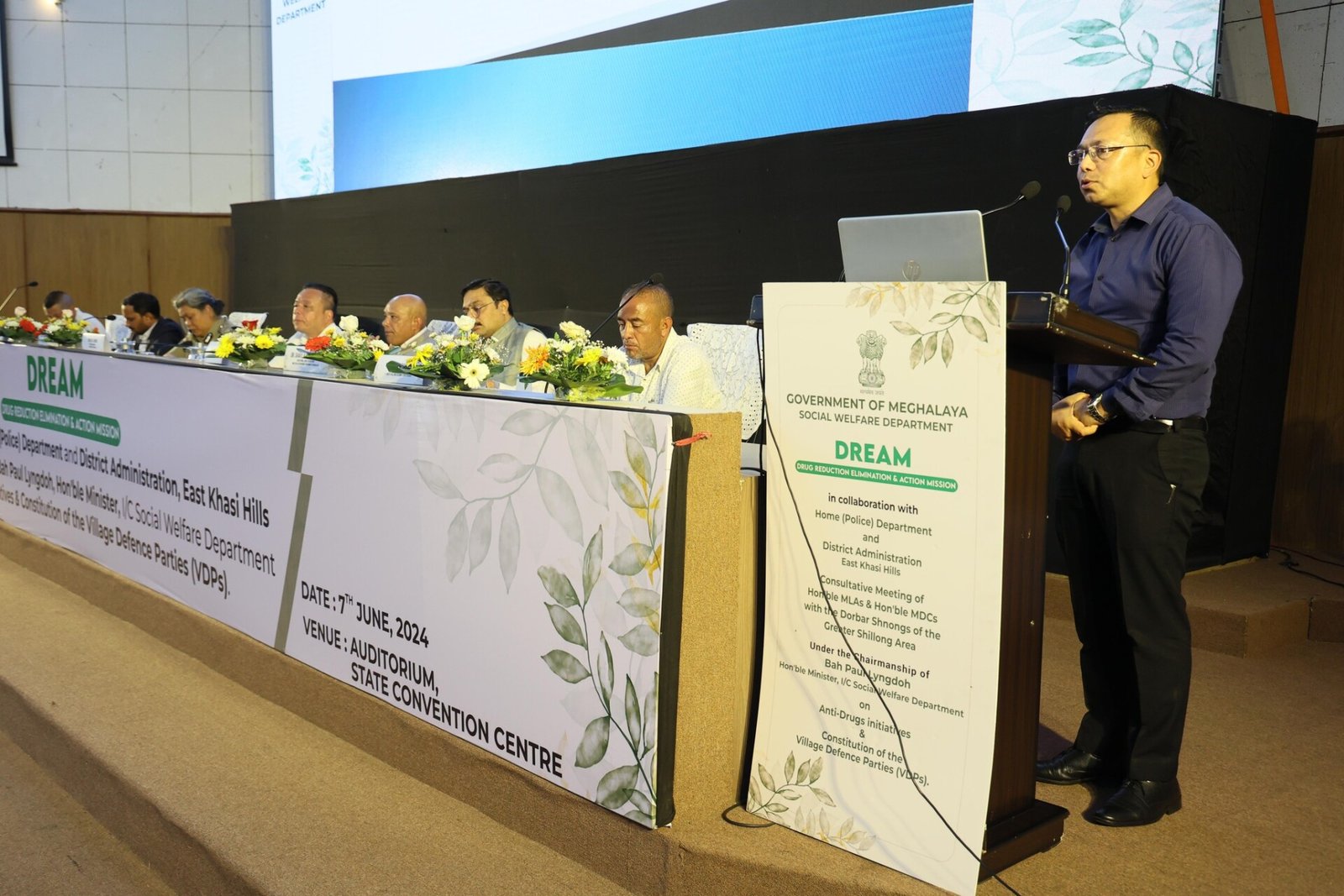HT Bureau
GUWAHATI, May 5: Minister of State for External Affairs & Textiles, Pabitra Margherita, on Monday highlighted the key provisions and significance of the recently passed Waqf (Amendment) Act, 2025 on Monday.
Describing the Act as a “transformative change” under leadership of Prime Minister Narendra Modi, Margherita emphasised that the legislation has been aimed at correcting historical imbalances and ensuring that waqf properties are managed with greater transparency, equitable representation, inclusivity, and accountability to serve the community’s welfare truly.
Highlighting the democratic and consultative approach behind the Act’s passage, Margherita noted that it followed 38 meetings of a 31-member Joint Parliamentary Committee (JPC) over 5 months, review of 7,772 petitions, consultations with 284 delegations, analysis of nearly 1 crore online suggestions, and over 25 hours of Parliamentary debate.
“One of the core features of the reform is inclusivity, with mandatory representation of marginalized Muslim groups—ensuring representation from the Bohra and Aghakhani communities, as well as from backward class Muslims— in every State and UT Waqf Board. In a historic step, at least two Muslim women will now serve on every Waqf Board and in the Central Waqf Council, ensuring gender representation and long-overdue recognition,” Margherita said.
Speaking on gender rights, the Minister of State highlighted that family Waqfs would now be required to ensure that daughters, widows, and divorced women receive their rightful legal share before such Waqfs are created. The Amendment further strengthened this by allowing Waqfs to support the welfare and maintenance of these women, making community welfare a living reality.
Focusing on the economic potential of waqf properties, the Minister expressed concern that despite Waqf assets being worth crores, their reported annual income in 2025 was a mere Rs 126 crore against the Rs 12,000 crore potential revenue. The Amendment sought to bridge this gap by enforcing accountability, introducing professional oversight, and implementing structural reforms to unlock waqf’s true economic value.
“In a step toward ensuring authenticity, the Act now allows only individuals who have practiced Islam for at least five years to declare a waqf. The concept of ‘Waqf by user’, where prolonged usage could convert land into Waqf, has been abolished for future cases,” the Minister said.
The Act also ushered in an era of digital governance. All Waqf records would now be centralized on a national digital portal, allowing public access to data on registration, mutation, audit, leases, and litigation. Integration with land records and geotagging would enhance transparency and help eliminate encroachments and misuse, the Minister added.
Calling the legislation “a moral reset”, the Minister of State reiterated that the Act was meant to build a New India where honesty, fairness, and inclusivity guide resource management and governance.
Margherita also reaffirmed the government’s commitment to the development and upliftment of the North Eastern Region, especially Mizoram, describing it as India’s ‘Ashtalakshmi’, in line with the vision of Modi’s Viksit Bharat.












